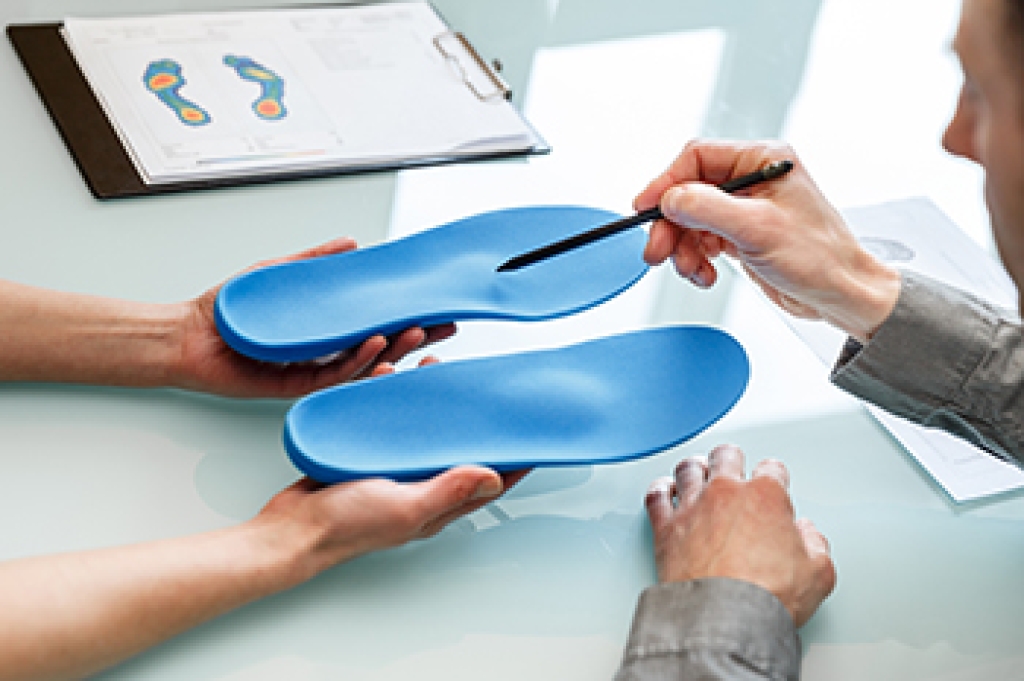
An ankle avulsion fracture occurs when a ligament or tendon pulls a small fragment of bone away from the ankle during a sudden twist, fall, or sports movement. This injury often causes sharp pain, swelling, bruising, and difficulty with weight-bearing. Because symptoms can closely resemble a severe ankle sprain, an avulsion fracture is sometimes overlooked without proper imaging. Pain is often felt on the outside of the ankle, especially during walking or standing. Recovery depends on the size of the fracture and the stability of the ankle joint. An ankle avulsion fracture can heal with rest, immobilization, and temporary activity restriction. A walking boot or brace may be used to protect the ankle while healing occurs. Gradual targeted exercise helps restore strength, balance, and mobility while lowering the risk of re-injury. If ankle pain persists after an injury, it is suggested that you see a podiatrist for an accurate diagnosis and appropriate treatment.
Broken ankles need immediate treatment. If you are seeking treatment, contact Joseph M. LaCava, DPM from Arkansas. Our doctor can provide the care you need to keep you pain-free and on your feet.
Broken Ankles
A broken ankle is experienced when a person fractures their tibia or fibula in the lower leg and ankle area. Both of these bones are attached at the bottom of the leg and combine to form what we know to be our ankle.
When a physician is referring to a break of the ankle, he or she is usually referring to a break in the area where the tibia and fibula are joined to create our ankle joint. Ankles are more prone to fractures because the ankle is an area that suffers a lot of pressure and stress. There are some obvious signs when a person experiences a fractured ankle, and the following symptoms may be present.
Symptoms of a Fractured Ankle
- Excessive pain when the area is touched or when any pressure is placed on the ankle
- Swelling around the area
- Bruising of the area
- Area appears to be deformed
If you suspect an ankle fracture, it is recommended to seek treatment as soon as possible. The sooner you have your podiatrist diagnose the fracture, the quicker you’ll be on the way towards recovery.
If you have any questions, please feel free to contact our office located in Hot Springs, AR . We offer the newest diagnostic and treatment technologies for all your foot care needs.




